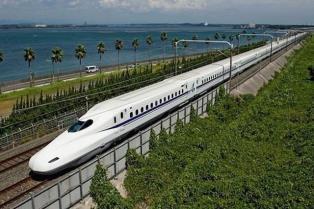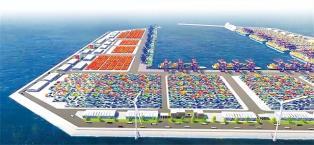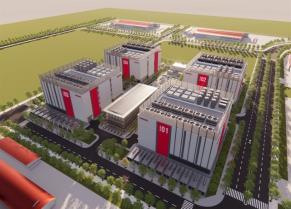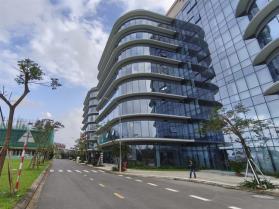In line with Politburo Conclusion 194 dated 20 September 2025, the draft law narrows the scope of projects requiring investment policy approval while simplifying administrative procedures and promoting decentralisation.

HÀ NỘI National Assembly (NA) deputies on November 11 heard a proposal from the Government that would narrow the scope of projects requiring investment policy approval, simplify administrative procedures and promote decentralisation under the draft revised Law on Investment.
Deputies also heard a verification report from the Committee on Economic and Financial Affairs at the ongoing 10th session of the 15th National Assembly.
Presenting the Government proposal, Minister of Finance Nguyễn Văn Thắng said that in line with Politburo Conclusion 194 dated September 20, 2025, the draft law proposes three main changes.
Investment policy approval will apply only to projects in sensitive sectors, such as seaports, airports, telecommunications and press and publishing, those using land or sea areas and those affecting the environment or national defence and security.
These procedures will no longer apply to commercial housing, urban, industrial cluster or mineral exploitation projects in which investors are chosen through bidding or auction, except for large projects with significant socio-economic impacts, including airports, seaports and industrial parks.
The draft law promotes decentralisation in approving investment policies and authorises the Prime Minister and provincial People’s Committee chairpersons to decide on major projects requiring special mechanisms differing from current laws, subject to the consent of the NA Standing Committee.
Regarding foreign-invested enterprises, Thắng said the draft introduces a major procedural reform: foreign investors may establish companies before receiving an investment registration certificate.
The draft also expands eligibility for special 'green lane' investment procedures to projects in industrial parks, export processing zones and high-tech, digital technology and free trade zones, without sectoral restrictions except for major projects such as airports and seaports.
Under the draft, revisions to sections on transferring railway project assets after operation expiry would allow investors to extend operations and require them to hand over assets to the State with compensation in line with regulations.
Meanwhile, Section 2, Chapter 2 of the Law on Railways would be renamed 'Investment in Construction of National and Local Railway Lines' to attract private capital in urban and local railway projects.
Rules will also be added to address difficulties in project transfers where the remaining term does not align with the transferee’s financial plan, enabling new investors to continue projects and prevent resource waste.
The draft further removes 25 business sectors from the list of conditional investment sectors and revises 20 others, shifting from pre-inspection to post-inspection management.
For outbound investment, the draft abolishes policy approval procedures, requiring investment registration certificates only for projects with capital of VNĐ20 billion or more or those in conditional sectors. Smaller projects would only need to register foreign exchange transactions with the State Bank of Vietnam.
Streamlined procedures
Chairman of the NA's Committee on Economic and Financial Affairs Phan Văn Mãi confirmed the need to revise the law to streamline investment procedures. He said the draft meets legislative submission requirements and urged that policy approval be applied only when truly necessary.
The committee emphasised that decentralisation and delegation of authority must comply with the Law on the Organisation of the National Assembly, the Law on the Government, the Law on Local Government Organisation and the Law on Promulgation of Legal Documents.
For projects requiring special mechanisms or policies, authority must remain with the NA.
The committee proposed further reducing and retaining only those projects necessary for defence, security, public order, morality or health.
It recommended distinguishing between individual professional licensing and business conditions for organisations, and fully shifting to post-inspection mechanisms.
The Ministry of Finance will coordinate with relevant agencies to align regulations with other laws, such as the Law on Construction, Law on E-Commerce and Law on Civil Aviation.
Another proposal from the committee suggested the law include clear principles for identifying priority and incentivised sectors to direct investment to key areas, while empowering the Government to update detailed lists according to socio-economic needs.
Regarding foreign investment, the committee advised caution in allowing investors to establish enterprises without approved projects and recommended pilot assessments before institutionalisation. It called for policy evaluation of investment incentives for start-ups and SMEs to ensure consistency with land and related laws.
As for outbound investment, some members suggested maintaining the current management framework while simplifying administrative steps and lowering costs.
If policy approval and licensing are abolished, a notification or registration mechanism should be introduced to ensure effective post-inspection and data coordination with the State Bank.
For project transfers, the committee proposed clarifying scope and beneficiaries, avoiding overlaps and ensuring feasibility. It also recommended unifying regulations on real estate project transfers under a single law — either the Law on Real Estate Business or the Law on Investment. VNS





